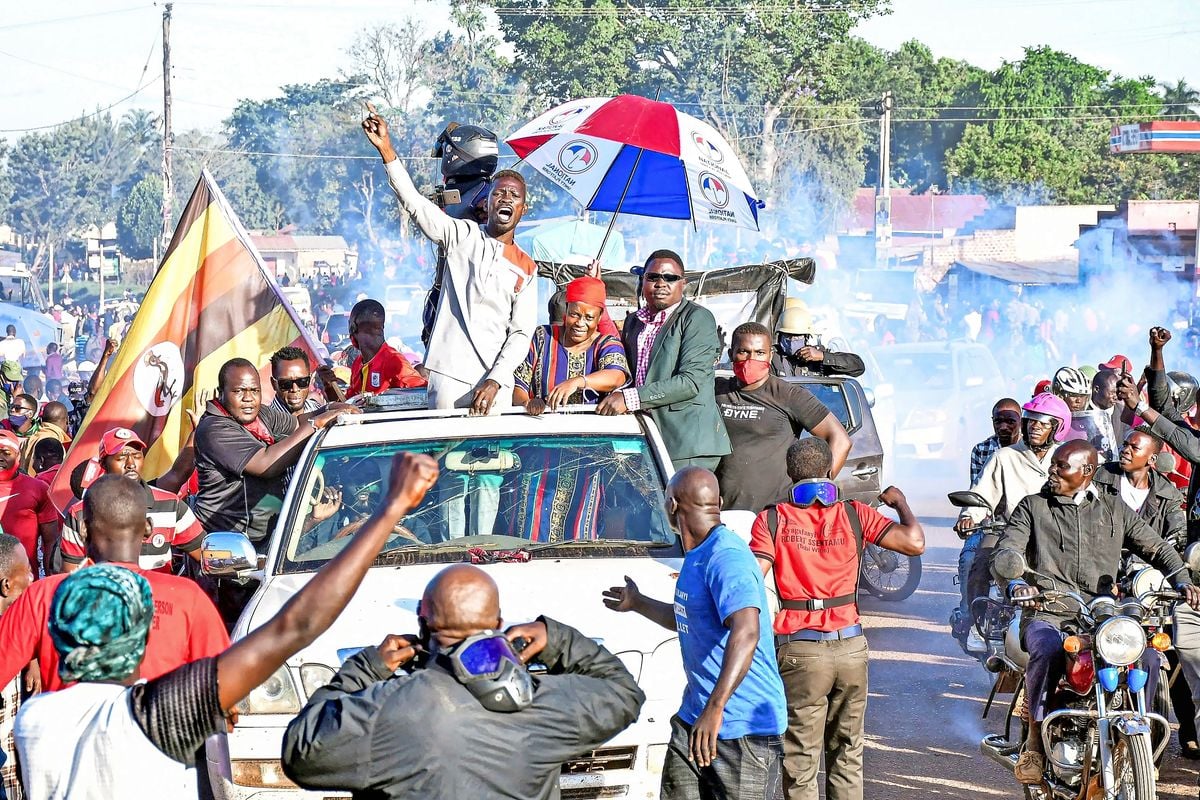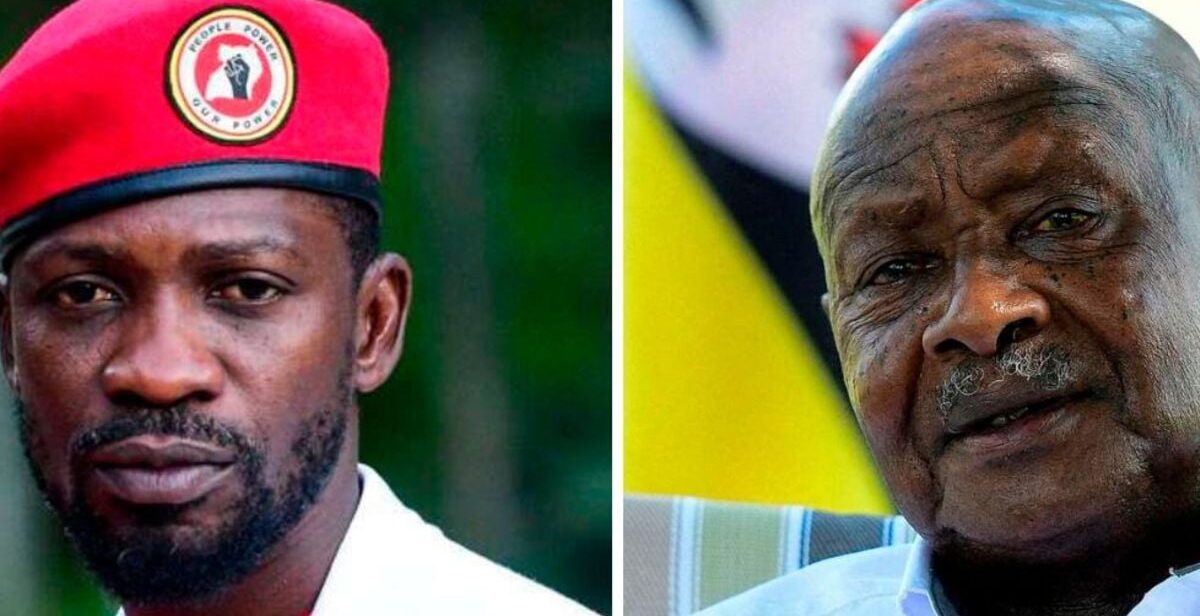In a landmark event for Uganda’s 2026 general elections, President Yoweri Museveni and opposition leader Robert Kyagulanyi Ssentamu, popularly known as Bobi Wine, are scheduled to submit their presidential nomination papers on the same day, September 23, 2025. This political showdown marks a continuation of the longstanding rivalry between the incumbent president and the opposition’s most prominent figure.
Background: The Candidates
-
Yoweri Museveni has been Uganda’s president since 1986, seeking an unprecedented seventh term. His party, the National Resistance Movement (NRM), has endorsed him overwhelmingly, citing his role in stabilizing and developing Uganda over four decades.
-
Bobi Wine, former musician turned politician, leads the National Unity Platform (NUP). Rising from grassroots popularity among Uganda’s youth and marginalized communities, he positioned himself as the primary challenger to Museveni in the 2021 elections and aims to capitalize on calls for political change.
Nomination Details
The Independent Electoral Commission (IEC) has set September 23 and 24, 2025 as the official nomination days for presidential hopefuls. Both leading candidates will appear on the first day to submit their nomination forms. The nominations require candidates to gather a minimum number of endorsements from registered voters—Museveni reportedly collected over two million signatures, while Bobi Wine’s party submitted at least 126,000 endorsements as mandated by law.

Security and Public Sentiment
The preparation for nominations includes heavy security deployment across Kampala and the Entebbe-Kampala highway to ensure peace amid expected heightened political tensions. Both camps plan rallies and public addresses, stirring high anticipation among supporters and observers alike.
Historical Context and Significance
The last presidential election (2021) was fraught with tension, allegations of voter manipulation, and political suppression. Museveni won with approximately 58% of votes, while Bobi Wine secured about 35%, results contested by opposition groups. The 2026 election is viewed as pivotal in determining Uganda’s political future and democratic health.
Presidential Candidates Summary Table
| Candidate | Party | Tenure/Background | Notable Support Base | Endorsements Submitted |
|---|---|---|---|---|
| Yoweri Museveni | National Resistance Movement (NRM) | President since 1986; pursuing 7th term | NRM party loyalists, older voters | Over 2 million signatures |
| Bobi Wine (Robert Kyagulanyi) | National Unity Platform (NUP) | Former musician turned politician; main opposition | Youth, urban populations, marginalized groups | At least 126,000 signatures |
Election Timeline and Key Dates
| Event | Date | Details |
|---|---|---|
| Nomination Day for Candidates | September 23-24, 2025 | Museveni and Bobi Wine expected on Sept 23 |
| Campaign Period | After nominations | Rallies, manifests rolled out; heightened security expected |
| Election Day | January 12, 2026 | Voting across Uganda in general polls |
| Results Declaration | Shortly after the election | IEC announces official winners |
Political Context and Challenges
The nomination day is more than a formal procedure—it symbolizes the polarization of Ugandan politics. Museveni positions himself as the seasoned leader who has delivered national stability and developmental progress. Meanwhile, Bobi Wine campaigns on promises of democratic reform and addressing youth unemployment and inequality.
Security concerns have intensified with both camps rallying large crowds in contentious areas of Kampala. Government authorities anticipate disruptions and have put in place strict preventive measures.
Uganda’s 2026 election will include over 150 presidential aspirants, but the focus remains on the Museveni-Bobi Wine contest as the central narrative shaping the electoral environment.
Conclusion
The joint nomination of Uganda’s two most significant political figures on the same day, September 23, 2025, sets the stage for a heated election campaign. The event highlights the stark choices facing Ugandans: continuity under Museveni’s long rule or change under Bobi Wine’s youthful leadership.
This election will test Uganda’s democratic institutions and political stability, with votes likely reflecting broader societal aspirations and frustrations. All eyes will be on how peaceful and transparent the process is, as Uganda navigates this critical juncture in its political history.

